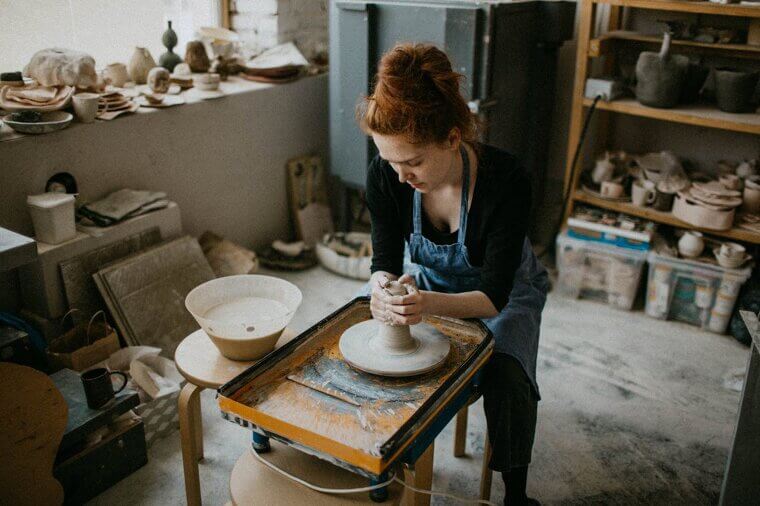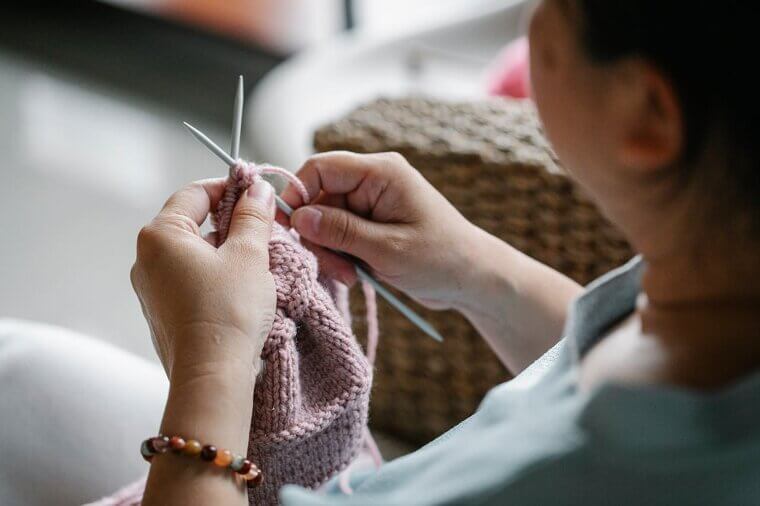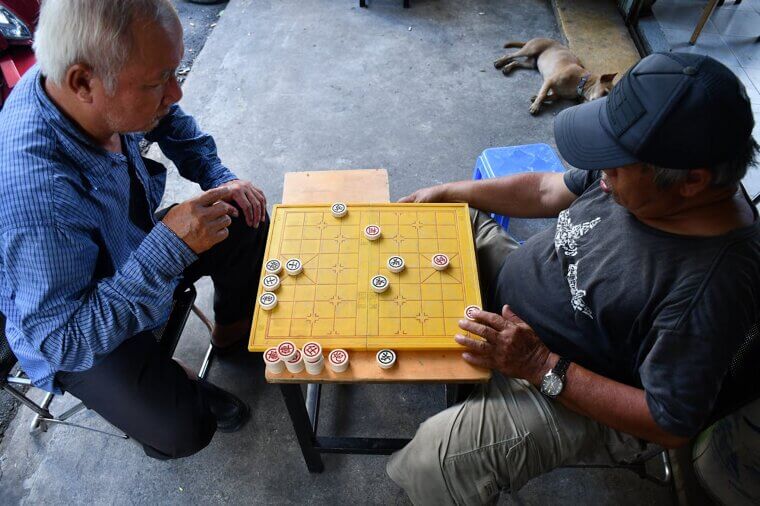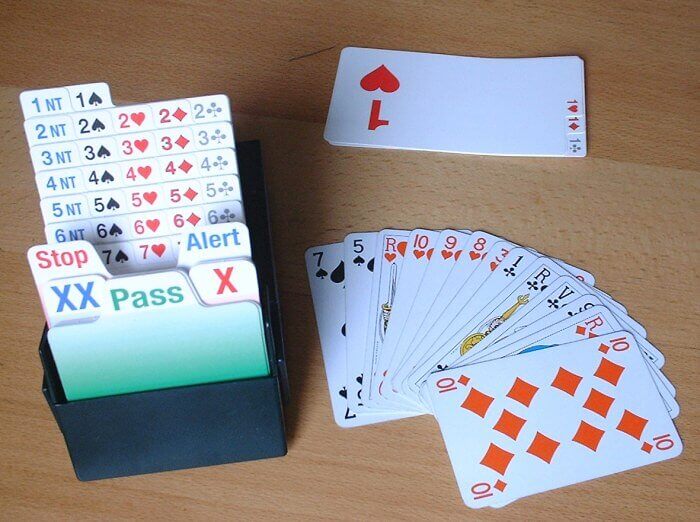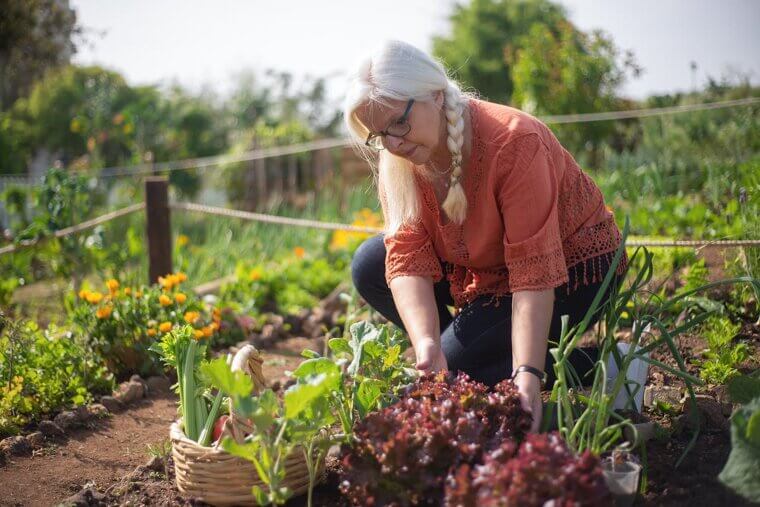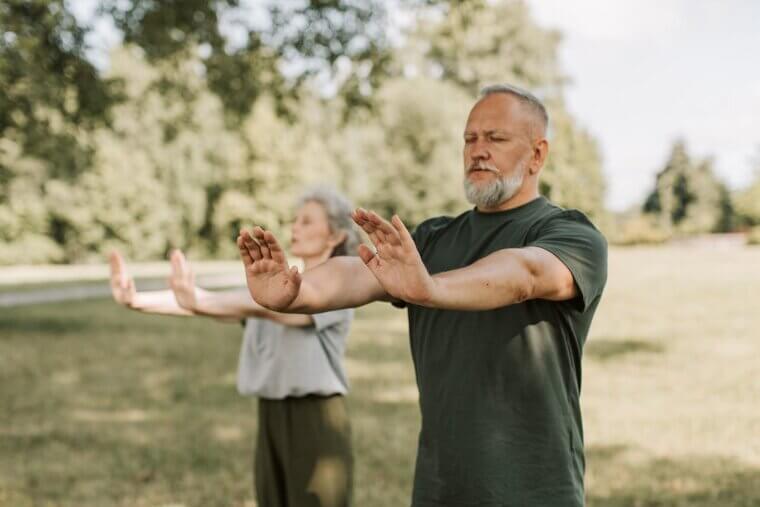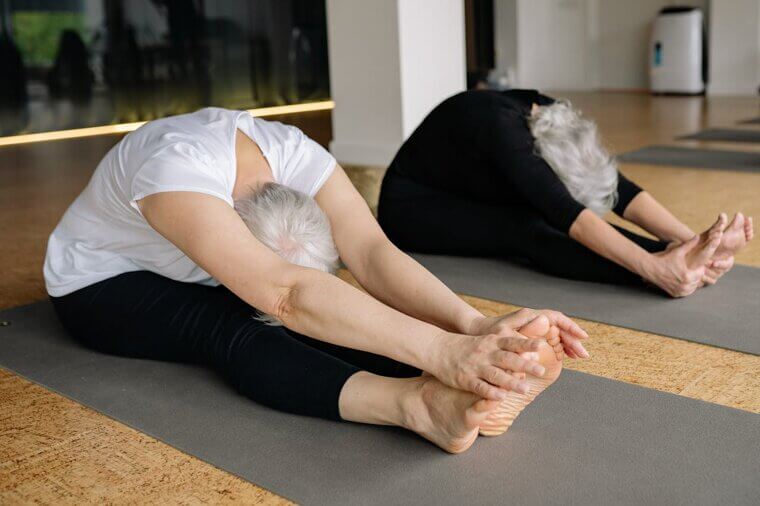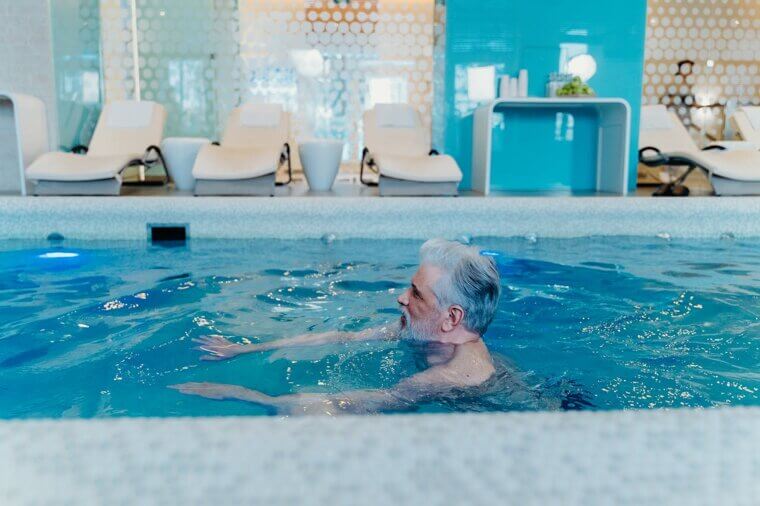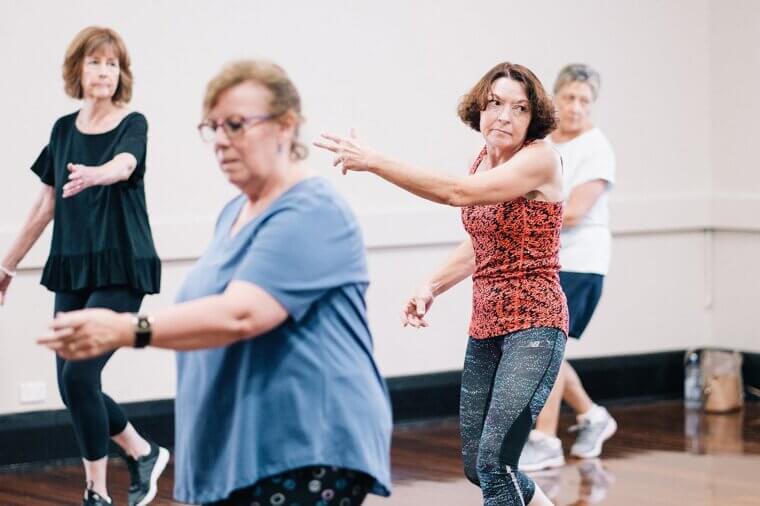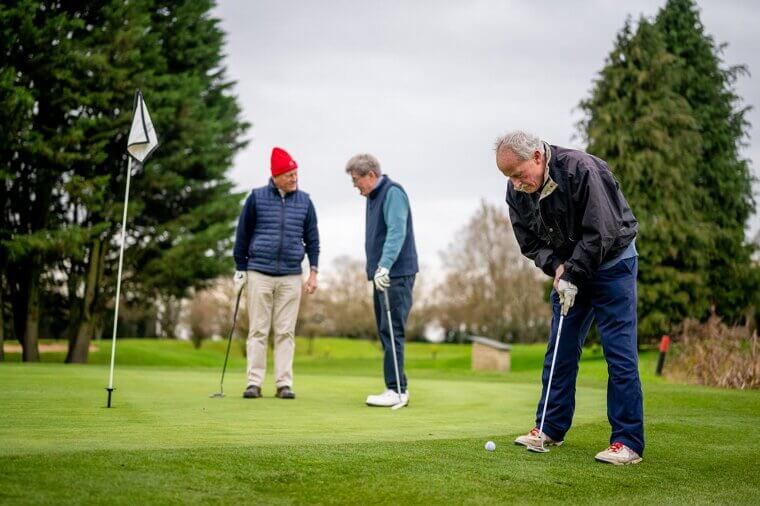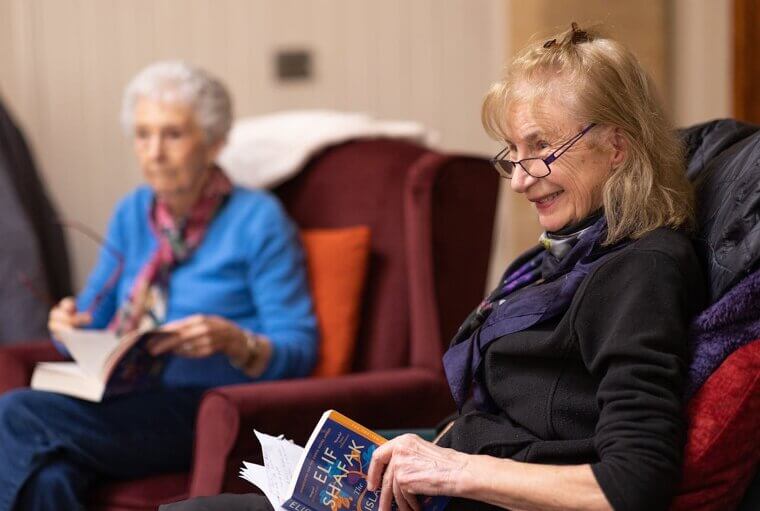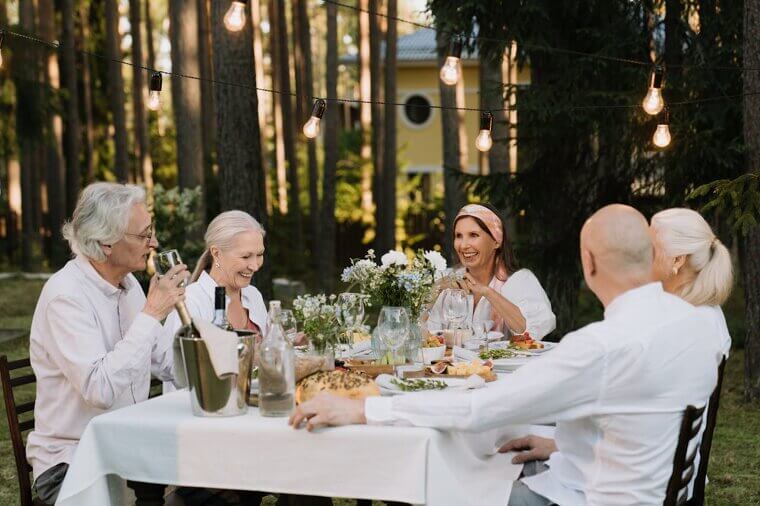Learn to Play a Musical Instrument
It might not sound that good, especially in the beginning, but picking up a guitar or piano is a great workout for your brain. Research shows that learning to play an instrument can strengthen memory, improve coordination, and enhance auditory processing.
Painting, Drawing, or Sculpting
Engaging in any sort of visual arts is a fantastic way to enhance your non-verbal communication skills and attention to detail. The process of painting, drawing, or any other art form will force your brain to find new ways to solve problems and express ideas.
Creative Writing or Poetry
Putting pen to paper may not sound like much, but it can help you organize thoughts, which can significantly strengthen your cognitive function. It can also help to improve language skills and provide a healthy outlet for expression.
Ready to find your new hobby? The list is just getting started!
Ready to find your new hobby? The list is just getting started!
Photography
Capturing the perfect shot requires great critical thinking and attention to detail, which are valuable cognitive skills. Once you get in the habit of framing shots, adjusting settings, and editing photos, it can help you boost your brain health by combining artistic and analytical thinking.
Pottery or Ceramics Classes
Shaping clay by hand is a calming yet mentally stimulating activity. Measuring, forming, and glazing pieces engage problem-solving and spatial reasoning while offering a tangible, rewarding result (even if that "result" looks like a car ran over it).
Knitting, Crocheting, or Sewing
Who knew stabbing fabric with tiny spears could be so zen? The repetitive hand movements involved in these hobbies can have a calming, meditative effect on your brain, which is great for stress reduction, as well as improving dexterity and visual-spatial reasoning.
How about some games to boost that brain health?
How about some games to boost that brain health?
Playing Strategic Board Games
Nothing says "intellectual stimulation" quite like plotting your friends' demise over a pile of tiny wooden cubes. Games like chess, Go, and Catan are a powerhouse for brain health because they require complex planning and foresight. Get those boards out!
Strategic Video Games
Your teenage grandkid might actually be onto something with all that screen time. To everyone's surprise, it turns out that playing strategic games can improve your hand-eye coordination, problem-solving skills, and even memory! Maybe it’s time for your first gaming setup.
Jigsaw, Crossword, or Sudoku Puzzles
Guess what? All those hours you spent hunched over crosswords were actually good for you and your brain! A study from the University of Exeter found that older adults who regularly solved puzzles had brain function equivalent to someone 10 years younger than them.
Learning a New Language
Yes, butchering "Hola" with complete conviction is good for your brain, although it may make native speakers want to weep. Studies demonstrate that learning a new language can significantly increase your brain's cognitive reserve, delay the onset of dementia, and improve your memory and problem-solving abilities.
Keeping your mind sharp isn’t all that difficult…
Keeping your mind sharp isn’t all that difficult…
Bridge or Other Card Games
Apparently, bankrupting your neighbors at the weekly bridge game is actually great for your brain health! These games are a fantastic way to keep your mind engaged by using your memory, quickly analyzing situations, and making strategic decisions.
Art & Design Projects
There might be a benefit to your sudden urge to decorate or rearrange the living room for the fourth time this month. Whether you’re learning interior design or another creative class, these Art and Design projects can help your brain conceptualize and execute a plan, which is great for your brain.
Learning to Code or Program
Don't worry, you don't need to become the next Silicon Valley wunderkind to reap the benefits from this. Learning to program can help train your brain in sequential reasoning and logical thinking, which boosts your brain health.
Taking a History or Science Class
Nope, the brain does not have an expiration date on learning new tricks. Engaging in formal learning at any age can stimulate intellectual curiosity and keep your brain processing new information.
Even “boring” activities can boost brain health…
Even “boring” activities can boost brain health…
Bird Watching
Finally, a hobby where being nosy is actually the whole point! Bird watching is a peaceful way to get out in nature while also stimulating your mind. It can also help improve your attention to detail, and taking notes on what you see can help to sharpen recall.
Building Complex Models or LEGO Sets
Your dining room table might look like a construction zone, but building complex models or LEGO sets is great for improving your fine motor skills. It requires great attention to detail, exercises fine motor skills, and rewards persistence with a satisfying finished product.
Astronomy
Staring at the sky and actually knowing what you're looking at is so much better than wondering if that's a planet or just an airplane. Learning about the constellations and planets requires memorization and the ability to identify patterns and connections in complex systems.
Nature can also be a great brain health booster!
Nature can also be a great brain health booster!
Gardening
Sure, the tomatoes may look like a science experiment gone wrong, but gardening can be a beautiful mix of physical activity and exposure to nature. Studies have shown that it can reduce cortisol and boost neurotrophic factors that support brain health.
Hiking or Walking in Nature
Mother Nature apparently moonlights as a therapist. The combination of physical activity and being outdoors can stimulate your senses, provide a powerful stress-reducing effect, improve your mood, and get your body moving, thereby increasing blood flow to the brain.
Tai Chi or Qigong
Exercise while looking extremely cool? Yes please. Ancient practices, such as Tai Chi or Qigong, are known for their slow, deliberate movements. This focus on balance and coordination can improve cognitive function and reduce the risk of falls, a major concern as we age.
A little movement can go a long way…
A little movement can go a long way…
Learn a Martial Art
Learning a martial art like karate or judo can be great for improving your balance and coordination. The focus and discipline required in these arts can translate into sharper thinking and better focus in other areas of life.
Yoga or Pilates
Who knew that standing on one leg while contemplating inner peace could rewire your brain? Yoga and Pilates combine physical movement with breath work and mindfulness, which can help reduce stress and improve focus.
Joining a Walking or Running Club
Finally, some peer pressure that may be good for you! Walking or running can be a simple but effective hobby that combines physical exercise with the brain-boosting benefits of social interaction. And doing this with a group can help uplift your mood and overall mental well-being.
Think you’re too old to start? These next hobbies prove you’re not.
Think you’re too old to start? These next hobbies prove you’re not.
Cycling
Your knees will thank you for choosing wheels over running. Whether outdoors or on a stationary bike, cycling is a fantastic low-impact method to get the brain-boosting benefits of cardiovascular exercise while improving circulation to the brain.
Swimming
Swimming is an easy way to get a full-body workout that improves circulation and reduces joint stress. The unique combination of physical activity and the need to coordinate complex movements can engage a variety of brain functions and can even promote the growth of new brain cells.
Taking a Public Speaking or Debate Class
Taking a public speaking or debate class can help significantly strengthen your verbal fluency, memory, and confidence. The ability to form and articulate a coherent argument is a highly valuable skill that can improve your overall communication and self-confidence.
Time for some social interaction!
Time for some social interaction!
Dancing or Group Fitness Classes
You don’t exactly need to be as good as that guy from Footloose, but learning basic choreographed steps can be an excellent option to improve your memory. Plus, as always, the social aspect of a group class can provide a major boost to your brain health.
Golf
Yes, it may be boring to some people. But it’s a great mix of physical activity, strategic thinking, and social interaction. Walking the course and the mental calculations needed to make the perfect shot provide a nice combination of necessary physical and mental stimulation.
Joining a Book Club
Again, a beautiful combination of mental stimulation and social interaction. You’ll get to read a new book each month, and then you’ll have the chance to discuss it with others, which will help reinforce the information you've read and make your brain sharper.
More people = better brain health!
More people = better brain health!
Joining a Community Choir, Band, or Orchestra
Do you have what it takes to stand in the spotlight? Group music-making can help train memory, coordination, and listening while creating strong social bonds. Playing with others can help keep your brain engaged and sharp.
Taking a Group Cooking or Wine-Tasting Class
A class with food and wine? Sounds about right! Learning a new skill with others can be a great way to meet new people and have a shared experience. You'll also use your planning skills and creativity to create a delicious meal.
Organizing a Neighborhood Potluck or Event
Planning and executing a social event is a great opportunity to show off your organizational skills and leadership qualities. It's a nice approach to get to know people from your neighborhood and build a strong social network. Ignore this if you don’t like your neighbors…
Just a few more hobbies left…
Just a few more hobbies left…
Starting a Social Media Group for a Specific Interest
Are you fascinated by clouds? Do you see faces in things? Start a social media group! This can be a great way to connect with people who share your interests, no matter where they are in the world.
Becoming a Mentor to a Younger Person
It is time for the student to become the teacher, and sharing your knowledge and experience with a younger person will be the perfect way to stay connected and give back. The act of teaching a skill will also reinforce your own knowledge and help you to stay sharp.
Hosting a Themed Dinner Party
There’s something about a house full of talk and laughter. Planning, cooking, and hosting a dinner party will engage multiple brain functions and provide a structured opportunity for meaningful social connection. It's the perfect opportunity to use your creativity and bring people together for a memorable evening.





